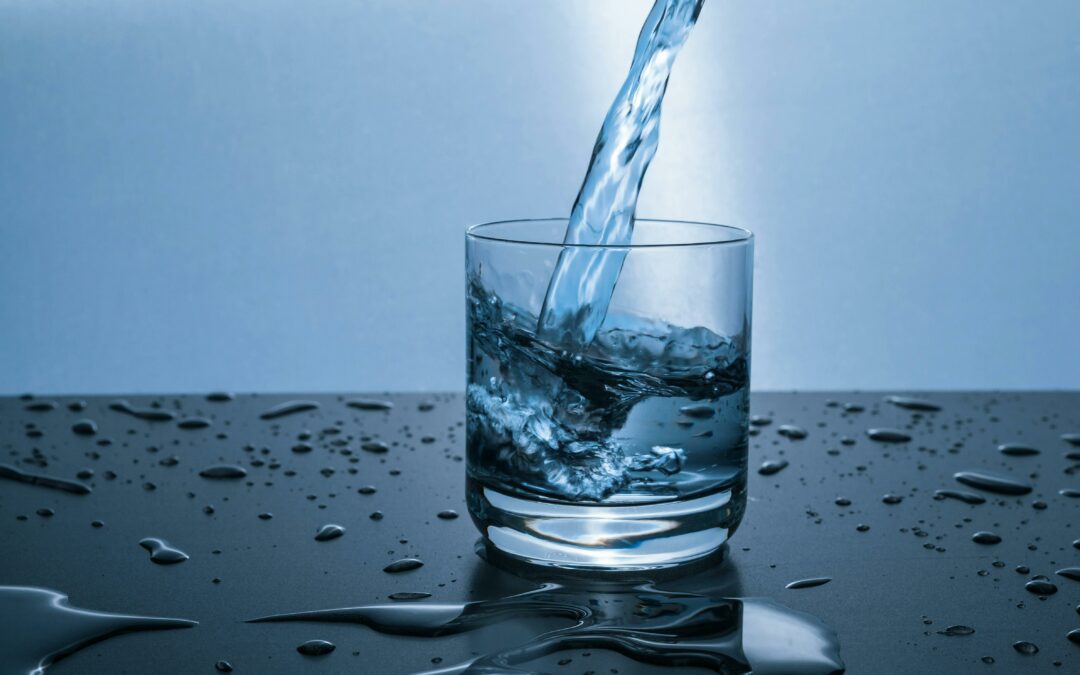The public water supplies across the United States are the safest in the world. The reason is that the U.S. Environmental Protection Agency (EPA) sets strict regulations through amendments to the Safe Drinking Water Act. These regulations outline what the quality benchmarks are, how the water is to be treated, and how often it is to be tested.
Despite this, contamination may still occur. While public authorities do their best to issue water advisories, time may still elapse before the contamination is detected and reported. Therefore, we recommend that you install a water treatment system.
If you rely on a private well for your water needs, read on, as we look more at the importance of water testing.
Why Contamination May Occur
In California, we have two primary sources of water: the Colorado River and the State Water Project. Various sources can contribute to contamination, such as the following:
- Sewage leaks or spills
- Naturally existing substances like arsenic, radon, and uranium
- Practices related to local land use, such as the use of fertilizers, pesticides, livestock farming, and concentrated feeding operations
- Industrial activities like manufacturing, which may involve heavy metals and cyanide
- Faulty on-site wastewater treatment systems, like septic systems
Hazards of Drinking Contaminated Water
In 2021, 15 outbreaks of waterborne illnesses from public drinking water were reported across the United States.
The most common type of waterborne illness due to water contamination is bacterial infection. Some examples are:
- Nontuberculous Mycobacterial
- Swimmer’s Ear (Otitis Externa)
- Pseudomonas Infection
- Legionellosis
Illnesses caused by parasites are also common. Here are a few examples:
- Cryptosporidiosis
- Giardiasis
Another health hazard associated with contaminated water is neurotoxicity. Low-dose exposure to lead may lead to behavioral and cognitive impairments in developing brains. Chronic exposure to aluminum may cause neuroinflammation and oxidative stress. Increased copper ingestion may contribute to the development of Alzheimer’s disease and Parkinson’s disease. Bisphenol A (BPA) which has been found in tap water in the U.S. may cause neuronal apoptosis.
The Benefits of Clean Water
Clean water doesn’t only prevent water-borne illnesses. It also encourages you to maintain high levels of hydration. Hydration with purified water provides the following health benefits.
Firstly, staying hydrated promotes cardiovascular health. It aids in proper blood circulation and maintaining blood pressure. Hydration also plays a vital role in regulating body temperature, which is important for preventing overheating.
Furthermore, adequate water intake ensures the proper functioning of muscles and joints. This supports physical activities and reduces the risk of injury. Additionally, hydrated skin remains supple and resilient.
Optimal kidney function is another significant advantage of staying hydrated. This reduces the likelihood of kidney stones, urinary tract infections (UTIs), and kidney failure.
Moreover, hydration facilitates the natural detoxification process, aiding in the elimination of toxins from the body.
At Hague Quality Water, we care about the health of our community in Ramona, San Diego, California. We are here to help you get daily access to clean water with our comprehensive water treatment system. Contact us today.

